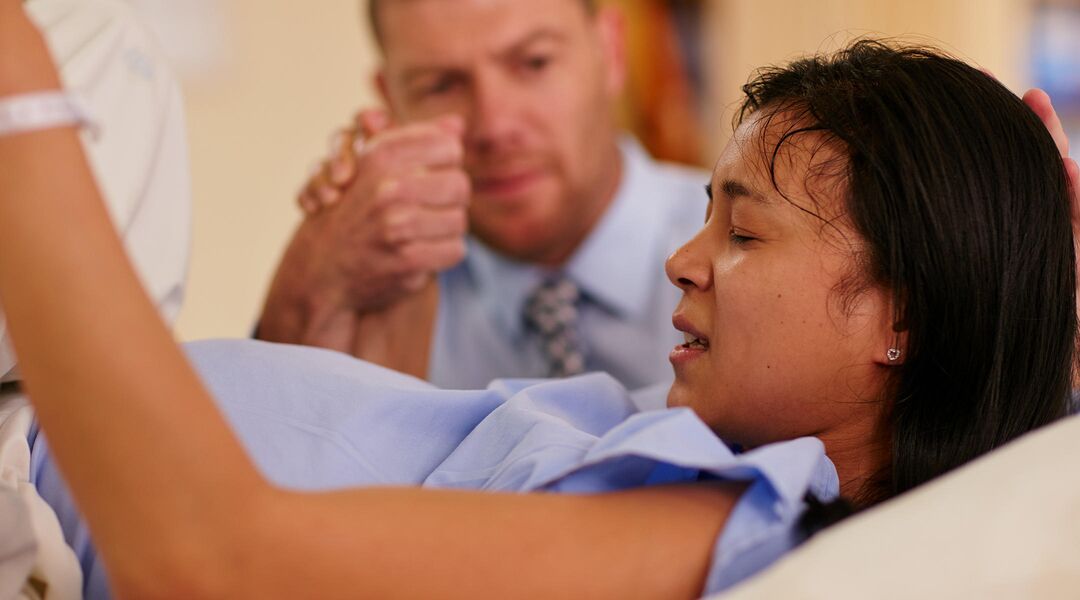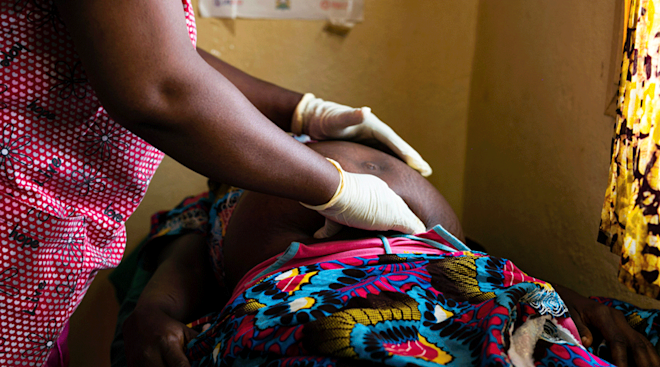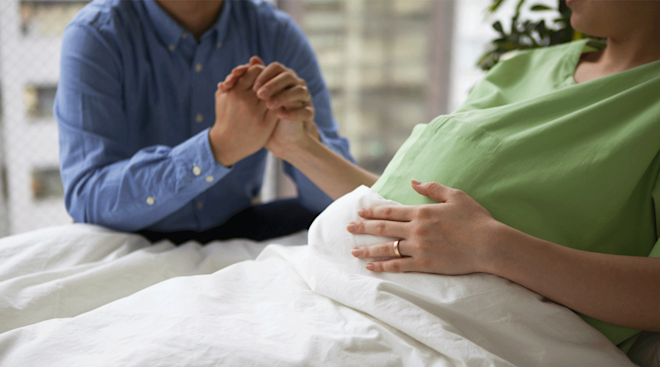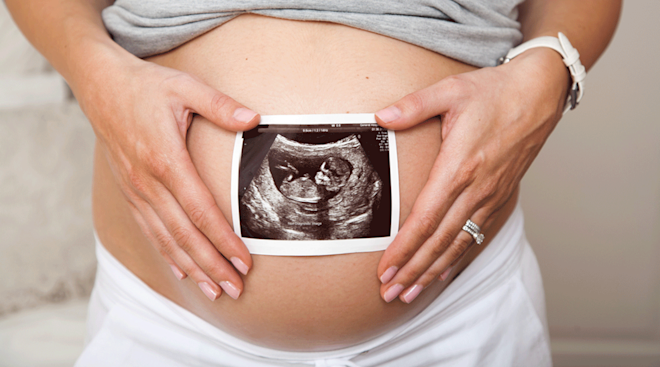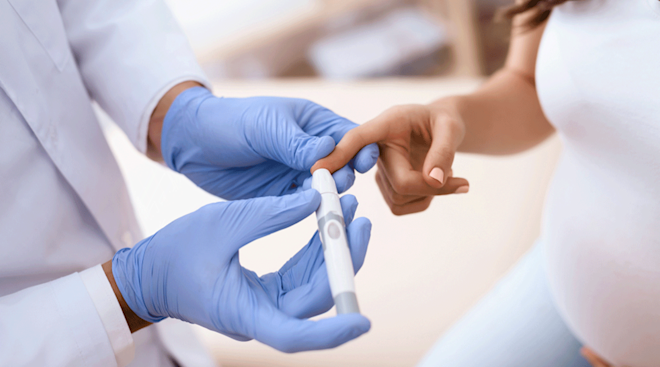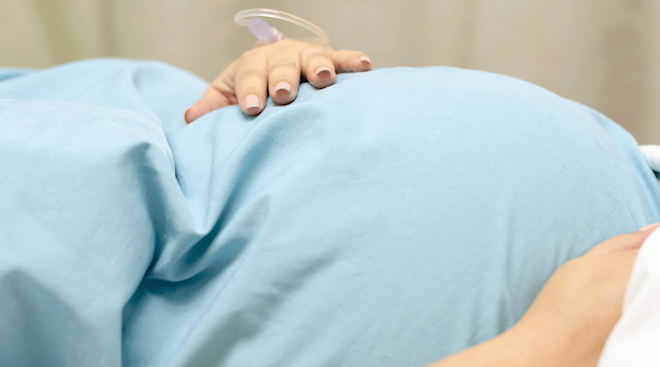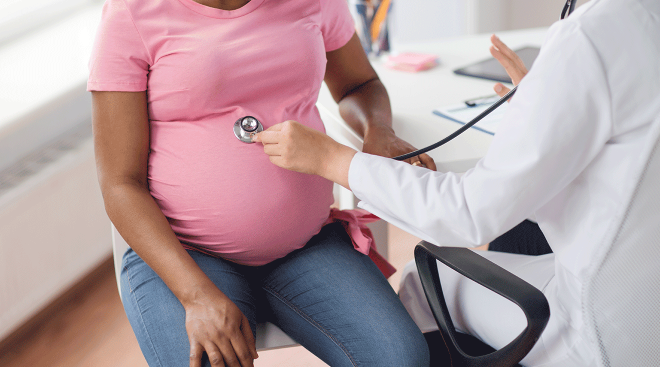Here’s Why Maternal Mortality Rates Are So High in the US
Despite being the leading power of the world, the United States has the highest maternal mortality rate of all industrialized countries. By far. Think about that for a moment: It’s almost 2018, and the country that is supposed to be “the best” in the world has between 700 and 1,200 women who die from complications related to pregnancy or childbirth every year.
“While most of the world has drastically reduced maternal mortality in the past three decades, the US is just one of a handful of countries where the problem worsened, and significantly,” Quartz reporter Annalisa Merelli writes in a new reported feature.
Currently, for every 100,000 babies born, 26.5 mothers die in childbirth. Compared to Canada (where the death rate is 7.3), Western Europe (7.2), Italy, Norway, Sweden and Austria (all of which hover around 4), American mothers are 3.6 times more likely to die from giving birth than women in similar nations. Mothers in Iran (20.8), Turkey (15.8), Lebanon (15.3) and China (15.1) also fare better.
Merelli tries to single out “why” this happening. And, she admits, the answers didn’t come easy. “Determining exactly why so many American mothers are dying of, or suffering through, pregnancy is a gargantuan public-health puzzle,” she writes. “Through the course of reporting this story, it quickly became apparent that there is no single reason, but instead a complex brew of factors that, together, point to deep-rooted, systemic problems that run through the entire social and health care system of the country. Gender, class, race—and across all, a fragmented, mainly private health system—conspire to work against maternal health.” In short: whether American mothers live or die comes down to health care.
The rising obesity rates, the fact that women are waiting longer (and are therefore older) to give birth, and the over-medicalization of pregnancy (see the rising number of unnecessary c-sections) are all contributing factors. But mostly, the reason our current health care system is failing women is because the doctors and nurses who treat them are often dismissive. “Whether they are pregnant or not, women are second-class citizens when it comes to health care,” Merelli says. Not only do women wait longer to go to the doctor, “their symptoms are more frequently dismissed as superficial—for instance being attributed, mistakenly, to psychological rather than physiological causes. Serious health conditions, from heart attack to cancer, are often downplayed in female patients.”
Overall, 33 percent of white women’s pregnancy-related deaths are preventable. For African American women that number rises to 46 percent. Currently, when a woman is pregnant, the attention and emphasis on “staying healthy” is placed on the child. Which is good. Everyone wants their baby to be well-cared for. But equal attention and care has to be given to the mothers too—both before, during and, perhaps most crucially, after she gives birth—if we are ever going to see the maternal mortality rate go down. The goal, concludes Merelli, should not only be that moms get to hold their healthy babies, but the moms are also around to raise them.
Read the full story over at Quartz.
Please note: The Bump and the materials and information it contains are not intended to, and do not constitute, medical or other health advice or diagnosis and should not be used as such. You should always consult with a qualified physician or health professional about your specific circumstances.
Navigate forward to interact with the calendar and select a date. Press the question mark key to get the keyboard shortcuts for changing dates.
































